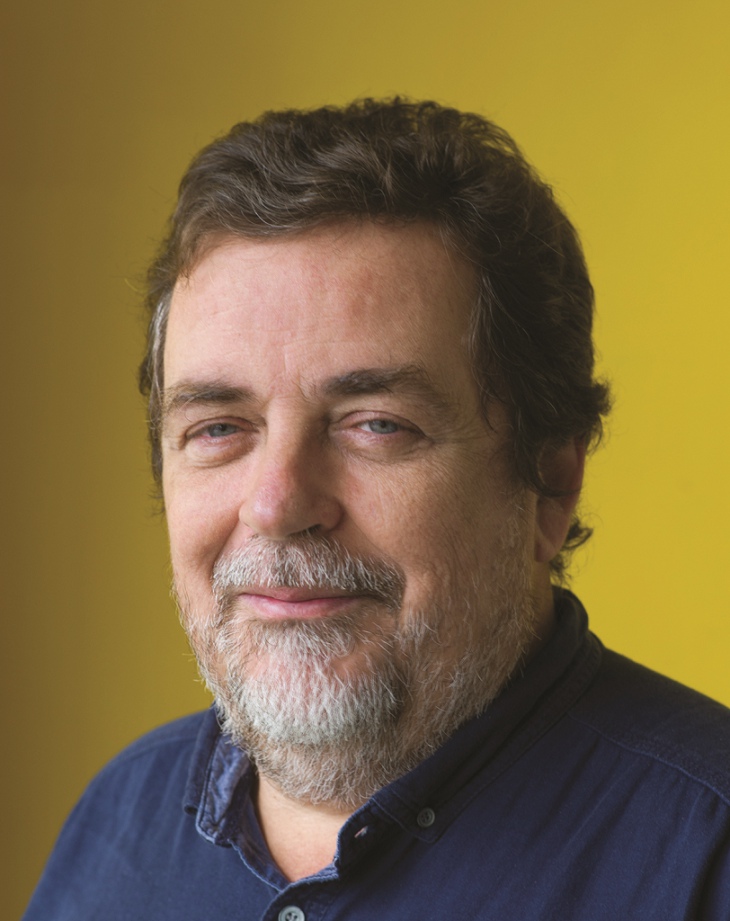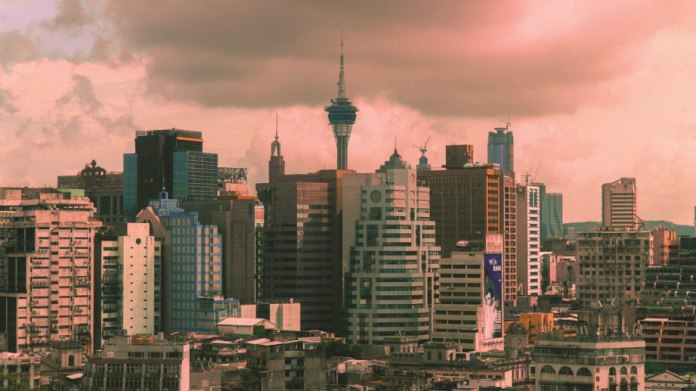
Macau Business | September 2022
By José I. Duarte | Economist, Macau Business Senior Analyst
As nobody will ignore, we lived until recently our casino-driven golden years. Casinos were the engine for extraordinary economic growth in the last twenty years, the occasional hiccup notwithstanding. The sector’s dynamism offered direct employment for many, making it the leading employer in town. In addition, it spurred the development of many other activities. It helped bring about a steady flow of tourists providing a fair share of many local businesses’ income. Furthermore, the region accumulated reserves beyond anyone’s imagination.
For all the social or environmental ills many people associate with it, gambling contributed to rising standards of living and brought service delivery standards to previously inexistent levels. Over the years, it has also fed public coffers with a happy flow of income. The reserve thus created can (and has been) used to mitigate the effects of the current and previous, albeit not so acute, crises and is counted on as a source to fund activities meant to spur the so-much invoked diversification.
That age seems now in its twilight, and it is not clear what will come its (and our) way in the months ahead. Since the sector was somehow deemed a national security concern, it was most apparent that change would come. Both its operation mode(s) and dimension are likely to change markedly in ways that are yet to be clearly outlined. There is neither a clear idea in the public mind about what the sector’s future may be nor what exactly the authorities expect it to become.
Darkening the clouds, the pandemic took a severe hit on the sector, compounding the insecurity felt by its operators. But its immediacy notwithstanding, Covid is not the only or arguably even the most profound source of the uncertainty clouding the sector.
As the rainy days stay with us for much longer than anticipated, the reserve is increasingly used to soften the sharper edges of the times. Its latest level was about 10 percent below its peak about one year earlier, and the last few months suggest an acceleration in its usage rate. Not that the reserve will disappear any time soon – but the ‘comfort’ it provides may breed complacency and blunt the sense of urgency for other necessary changes and adjustments that, if absent, may hinder a recovery when the opportunity finally arises.
Changes in the industry are bound to impact public revenues and the policy tools and goals they support. Sustained changes in the flow of income for the government will affect both the structure of public revenues and its expenditure patterns. A declining sector will also mean fewer resources for other social and economic objectives. Then, as the crisis persists, the region’s social and economic (not to mention health) fabric deteriorates. Confidence and initiative will weaken and may take ever longer to recover.
Indeed, it would have been wiser to ponder at the beginning how the sector’s extension and growth rate would bear on the city’s social and physical fabric. Yet, no matter our take on gambling activities’ economic and social merits or demerits, there is no short-term alternative to its leading economic role. Rounds of reserve money are a palliative, not a cure or a sustainable economic model.
Today’s options cannot be based on what might have been some twenty years ago or what we strongly fancy tomorrow’s ideal. Instead, the reality facing us today and its viable alternatives, imperfect as they may be to us, must shape our purpose and actions. A tamed beast may be an achievable and worthy mission. A replacement species, no matter the intentions, may prove unwise. Indeed, as yet, there is no such apt creature at hand.
























